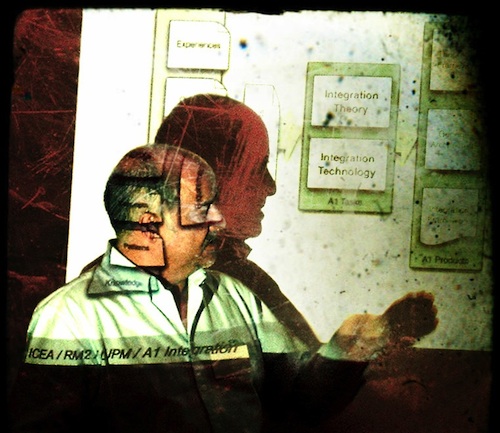We have signed a grant agreement with the EC to coordinate a new research project on intelligent robotics. The CoreSense project will develop a new hybrid cognitive architecture to make robots capable of understanding and being aware of what is going on. The project will start on October 1, 2022 will span four years (2022-2026) and joins six partners across europe in an effort to push forward the limits of robotic cognition.
Cognitive robots are augmenting their autonomy, enabling them to deployments in increasingly open-ended environments. This offers enormous possibilities for improvements in human economy and wellbeing. However, it also poses strong risks that are difficult to assess and control by humans. The trend towards increased autonomy conveys augmented problems concerning reliability, resilience, and trust for autonomous robots in open worlds. The essence of the problem can be traced to robots suffering from a lack of understanding of what is going on and a lack of awareness of their role in these situations. This is a problem that artificial intelligence approaches based on machine learning are not addressing well. Autonomous robots do not fully understand their open environments, their complex missions, their intricate realizations, and the unexpected events that affect their performance. An improvement in the capability to understand of autonomous robots is needed.
The CoreSense project tries to provide a solution to this need in the form of a AI theory of understanding, a theory of robot awareness, some enginering-grade reusable software assets to apply these theories in real robots. The project will build three demonstrations of its capability to augment resilience of drone teams, augment flexibility of manufacturing robots, and augment human alignment of social robots.
In summary, CoreSense will develop a cognitive architecture for autonomous robots based on a formal concept of understanding, supporting value-oriented situation understanding and self-awareness to improve robot flexibility, resilience and explainability.
There are six project partners:
Universidad Politécnica de Madrid – ES – Coordinator
Delft University of Technology – NL
Fraunhofer IPA – DE
Universidad Rey Juan Carlos – ES
PAL Robotics – ES
Irish Manufacturing Research – IR
Principal Investigator: Ricardo Sanz

